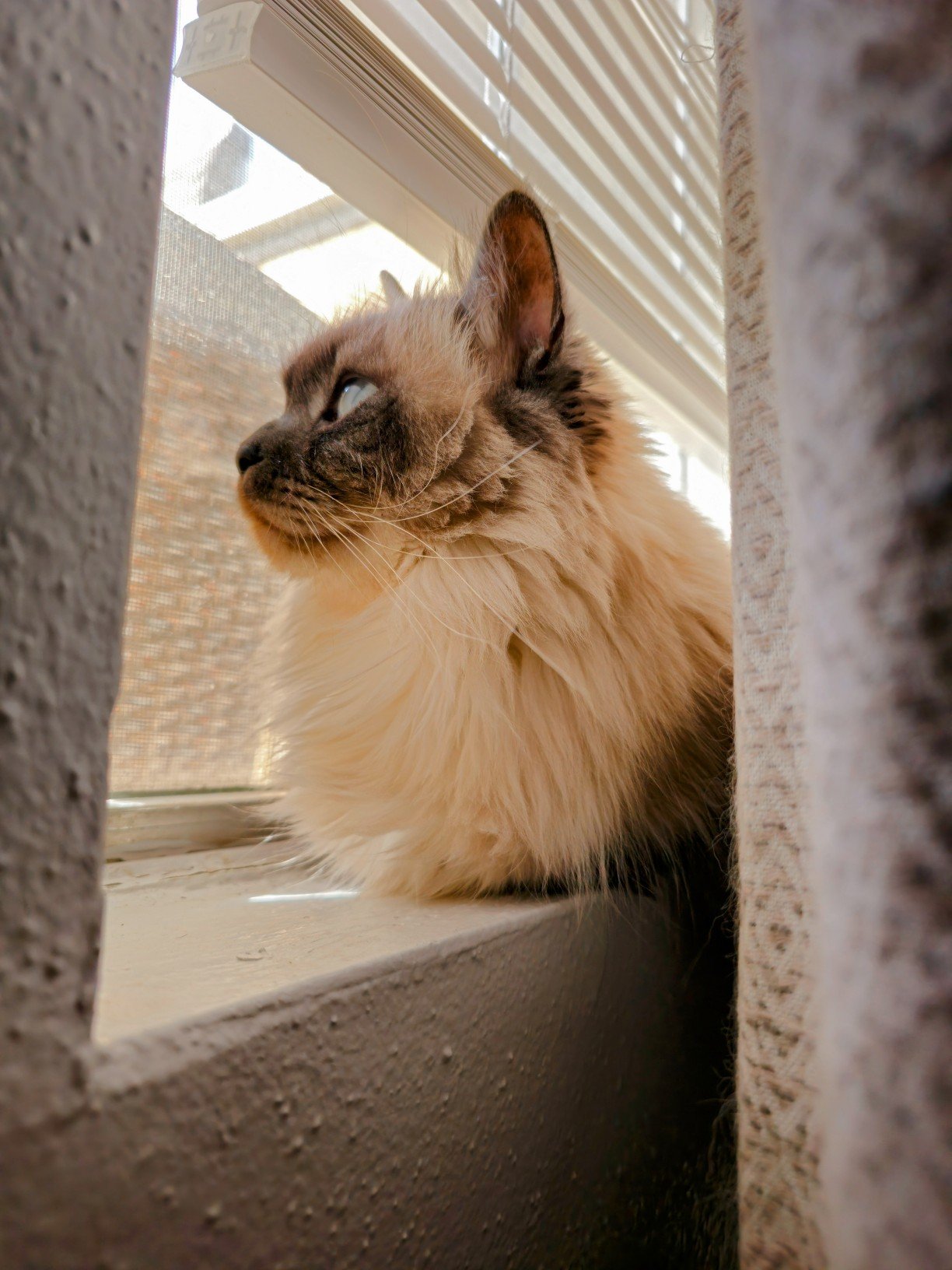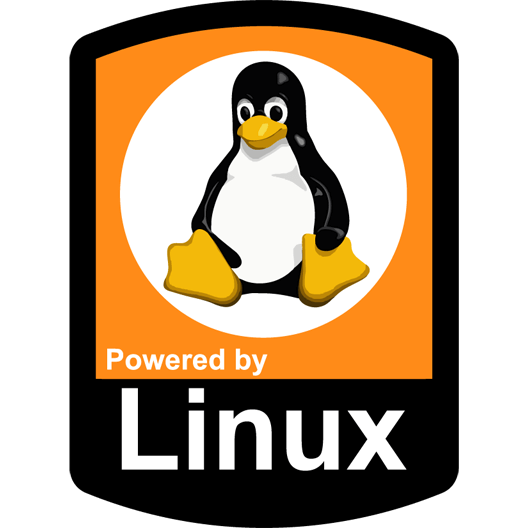The main cloud services don’t even work natively (GoogleDrive, OneDrive, iCloud) basically the only mainstream choice is Dropbox. I tried to use Google Drive in Mint, and it’s a pain to get it to work, and usually it stops working after computer restarts.
Someone has a recommendation about how to handle these services?
I keep seeing this question pop up. “Why doesn’t [closed/proprietary technology] work well in Linux?”
This question should be asked at whoever makes said technology. You are their client, why don’t they support your operating system?
That responsibility should not fall on the shoulders of the thankless volunteers that do their best to create an awesome OS.
Alternatively you can buy one of the commercial distributions and become a client. Then you can ask your supplier why don’t they support that technology.
Case in point, Mega.nz offers a native GUI client for Linux and went out of their way to also make a full command line client.
Support those services that don’t treat you like ass, y’know?I agree! But it’s surprising that even Google doesn’t have a native app for Drive. There’s one for android, but not for Linux? I’m guessing it all boils down to number of users, but still…
Google literally owns Android tho.
deleted by creator
Yeah yeah, AOSP and all that. Despite, Android is made primarily by Google to push Google products and most apps depend on Google services. For all intents and purposes, Android is a first party OS for Google.
For personal use, i use FreeFileSync.
Really awesome, works like a charm.
If you want cloud storage I’d recommend Nextcloud as a service (I’m not affiliated with them, just a customer)
Works like a charm. You can even install plugins. Also, there are other companies that provide hosting so there is no vendor-lock-in.
Can’t recommend Nextcloud enough. I also recommend checking out self-hosting! It’s ridiculously easy to setup with the example docker-compose files they have in their git repo. If you have a NAS or a machine at home, you can basically create your own online storage that’s completely private.
I have a raspberry pi 2, would this handle Nextcloud? Any recommendations for a hard drive to use with it please?
Being 32 bit, it’s getting a bit old for using it with modern software. But maybe take a look at this and give it a try:
https://help.nextcloud.com/t/how-to-install-nextcloudpi/126308
NextcloudPi is a fairly low-maintenance version of NC, the only way I’d recommend installing it besides as a docker image. Straight installing NC is a recipe for disaster, it’s notoriously bad at updating that way.
Whatever you do, don’t use the builtin web updater inside NC to update nextcloud itself. Their app updater is fine, but the actual Nextcloud web updater is utter dogshit and will break things.
Thank you 😃
You can use rclone
I second that.
With the additional advantage that rclone has modules like crypt and join, which allows you to keep your data encrypted no matter which cloud you use, gaining more cloud space by joining clouds, etc.
rclone
rclone bisync, even it’s not good in production, I been using it for 1.5 years, just need to check the log regularly… I just hope this function become stable enough to be on mainstream, then almost all cloud storage works well on it…
I didn’t know this option. Will certainly give it a look.
Just make sure, that you have logs for it, and check before sync. because sometimes in bisync, you can lost your file… but I already manage it by excluding a lot of .swp, ~.lock., and other temp files… Mostly temp files is there cause of broken bisync, and when resync, the file that suppose to be synced, deleted…
Google drive integrates simply into the file manager on Gnome for cloud storage. It doesn’t do offline file-sync between devices, however.
The Microsoft and Apple products don’t support Linux because… Microsoft and Apple.
Google drive also works great on kde
Does it work offline? Last time I tried it only works when you are online
No, the Google Drive implementation is just for cloud storage. It doesn’t do offline file-sync. I’ll update my earlier comment.
I managed to get one drive working on linux, able to mount it onto the filesystem using rclone.
Yes, it’s often possible to get unsupported services working, but it’s rarely simple and it’s prone to breakage over time with changes to the system as well as to the service. I do not recommend it to anyone seeking a simple solution and I will not do it for someone I need to support.
I sick of seeing Google Drive recommended as an alternative to dropbox. (Because I am looking for an alternative to dropbox and so far nothing has feature parity with it and the features I value.) If an app forces me to be logged in to a graphical environment locally on Linux then it has already failed to understand why people use *nix. Google Drive doesn’t keep offline copies and it doesn’t work on CLI. So basically useless on my server. If the files aren’t natively and transparently accesible as a local filesystem while they are synced to the cloud, it’s not a viable Linux Dropbox alternative. I want my files on my machine and a copy on the cloud, not the other way round.
I have not and do not recommend it. I simply responded to the claim that it doesn’t work, because it does. OP has something else going on that’s causing Google Drive problems.
I use both Dropbox and Mega and recommend either for someone seeking a simple cloud-sync solution.
[This comment has been deleted by an automated system]
Rclone is awesome. Mega and PCloud got native clients that works great. Nextcloud is an alternative.
Nextcloud works great! Includes integrations with GNOME and KDE including taskbar icons etc. and you can pay a service to host Nextcloud for you if you’d prefer that to selfhosting.
I have a self-hosted Nextcloud and my Nextcloud account connected via GNOME as an Online Account. It integrates seamlessly with Calendar, gives me a webdav mount for my files etc. I don’t have any issues. I have not added any Google accounts, and definitely no Microsoft accounts. I don’t use public clouds for private stuff.
I have a self-hosted Nextcloud and my Nextcloud account connected via GNOME as an Online Account.
The self-hosted bit is the problem. I have yet to find a Nextcloud provider that offers the service truly ready to go. The ones I found try to make it somewhat easy by offering Install buttons in web interfaces but if you have absolutely no clue about such things, even that is a hurdle to overcome.
Here is the official list of nextcloud providers that do the setup and maintenance for you: https://github.com/nextcloud/providers#providers
Considering that the list includes providers I’ve had first hand experience with and those are not ready to use: No.
rclone for cloud backup
Syncthing is pretty good. I’ve got a raspberry pi running it on my local network with an old usb hard drive I had kicking around and it works great
Just to be clear, Syncthing is not cloud storage but file syncing. It can be used in a similar way but it does have different strengths and weaknesses.
MEGA is an optiom, rclone is the option. Supports next to anything.
Still waiting for rclone to support megainn Debian. Then it’ll be perfect.
rsync/ rclone just works! Have not tried rsync with cloud yet, I use rclone for encrypted backups. Most cloud services are supported including google drive.
Use pCloud.
Life time subscriptions, it’s so cheap.
idrive package is cheaper, if you talk cheapnest…
The linux client worst fine, eventhough I rarely use it.
I haven’t had any issues with pCloud’s linux client either, although it is definitely not as quick to sync as Dropbox. It might take 30 seconds to pick up changes instead of 3. Something about block-level change tracking I think.
For command line sync to the cloud you can use rclone. It’s FOSS and works with many different cloud providers.
For a constant sync experience you can use insync. It’s closed source and requires a license though, but works reasonably well.
Sorry for the lack of direct links since I’m on the phone.
You don’t need insync - most people just automate
rclone synccommands using whatever task scheduler their system runs by default (cronjobs or systemd units, typically). For those who prefer a GUI, KDE has a Scheduled Tasks app.On Android, you can use Round Sync which is a wrapper around rclone and can import the same configs.
Mega and syncthing work perfectly fine for me
I had a problem with Mega using Fedora. Trying to update from Fedora 37 to 38, I had a dependency problem with the Megasync app. I tried uninstalling but the problem persisted and I couldn’t upgrade, so I had to make a clean install.
Other than that, Mega and Syncthing worked perfect for me.
That’s odd, I don’t think the deb package has any dependencies
Fedora works with dnf, installing a rpm file.
The same thing happened to me, so I switched to the flatpak version and it works well.
I haven’t installed it yet, so I’ll switch to flatpak too!
@necrxfagivs @ryannathans Pedorra users are beta testers, change so to Devuan, void, slack, antix … and finish the problems.
What do you mean?
What’s your use case for cloud storage?
If you only want to sync files between your devices, I would recommend taking a look at Syncthing. It syncs files without relying on a central server and is much faster, as it can sync within your local network and is therefore not restricted by the speed of your internet connection.
For sharing files with others, I use a self-hosted Nextcloud. I mounted my Syncthing folder as external storage.
If you use GNOME as your desktop, you can also log into some online services in system settings and then, for example, access Google drive via the file manager to upload or download files.
I believe there are also third-party tools for some cloud storage providers, but I have no experience with them and therefore can’t make any recommendations.
Some cloud storage providers probably don’t see Linux as a large enough market to justify the development of official clients. Some, e. g. Microsoft, could have an interest against one to not make alternatives to their own products, e. g. Windows, more attractive than they already are.
@fossisfun @desconectado Still, if I was Microsoft I think I’ll develop an official OneDrive client for Linux. And I hope in the future they’ll realize it’s not a bad opportunity for them and for fidelizing users.
Hi, I quote this, Syncthing+Nextcloud if you want to share directories, files, calendar, contatcs etc with someone, for example your family.
Syncthing is a very good piece of software, even when working cross-platform. Nextcloud, however, is the biggest and most cumbersome pile of garbage open-source produced in the last decate.
Currently I’m running Syncthing on my NAS and all my devices sync to it (no cross-device sync to avoid issues). Then I’ve an SMB share to allow access to the files on iOS devices and FileBrowser for a cloud-like web browser access experience. Works flawlessly uses very little RAM and its solid, private, secure and manageable open-source - not something like Nextcloud that calls home, breaks everything on upgrades, wastes ram and runs slowly to only deliver an inferior experience in all possible ways.
Some of my experiences with NC are described in detail at https://lemmy.world/comment/1571886 and https://lemmy.world/comment/346174
It works fine for what I need it to do: access and share my Syncthing folders, CalDAV, CardDAV, RSS
I try to minimise the amount of stuff I selfhost, as I don’t enjoy being responsible for the uptime and security of a whole bunch of personal web services. That’s why I like the flexibility of ownCloud and now Nextcloud, instead of using a different, standalone project for each function.
Nextcloud is everything other than minimization and stability. I bet if you take a quick look at their repositories you’ll find security-wise questionable stuff very fast and also tons of different pieces not a single thing.






















